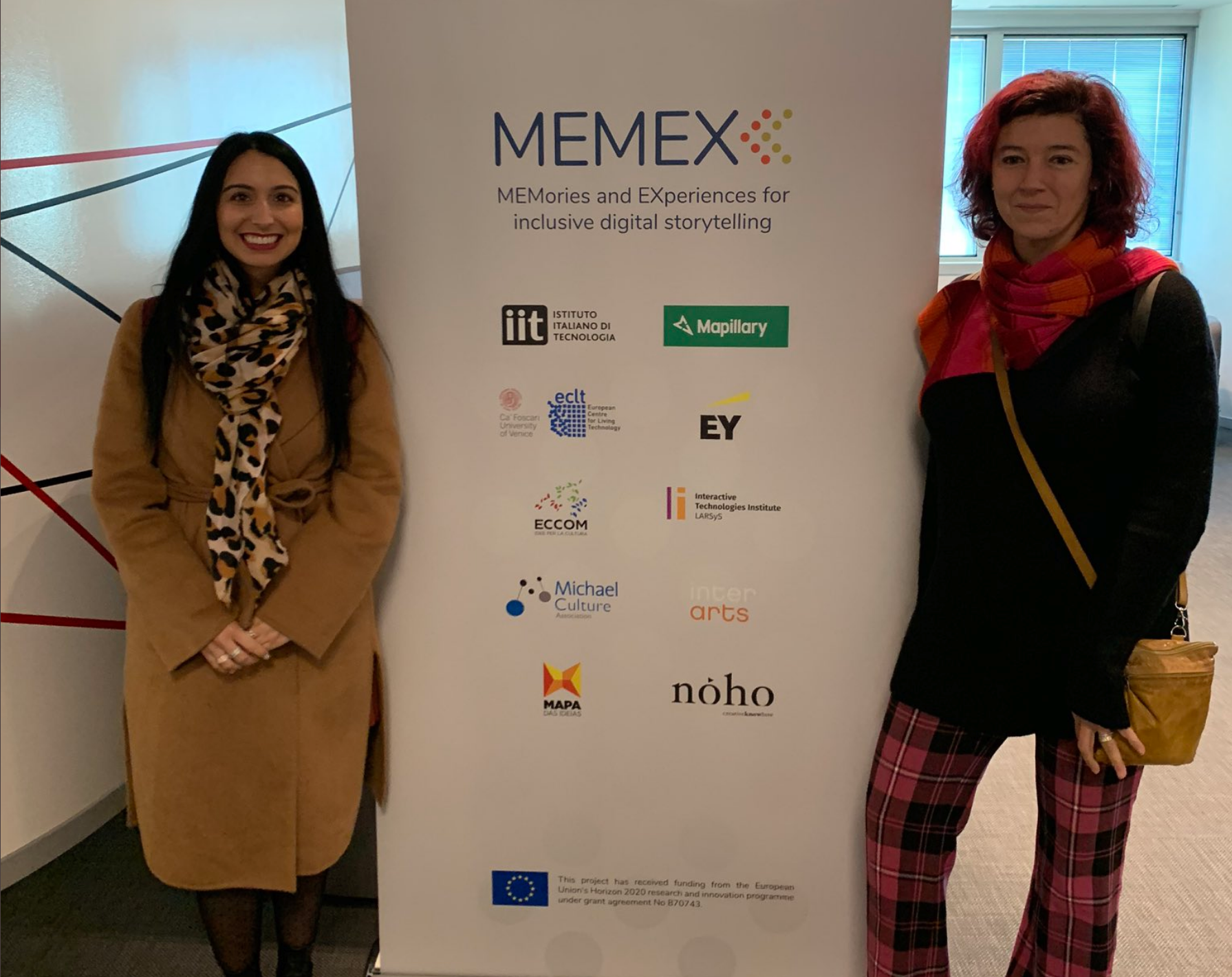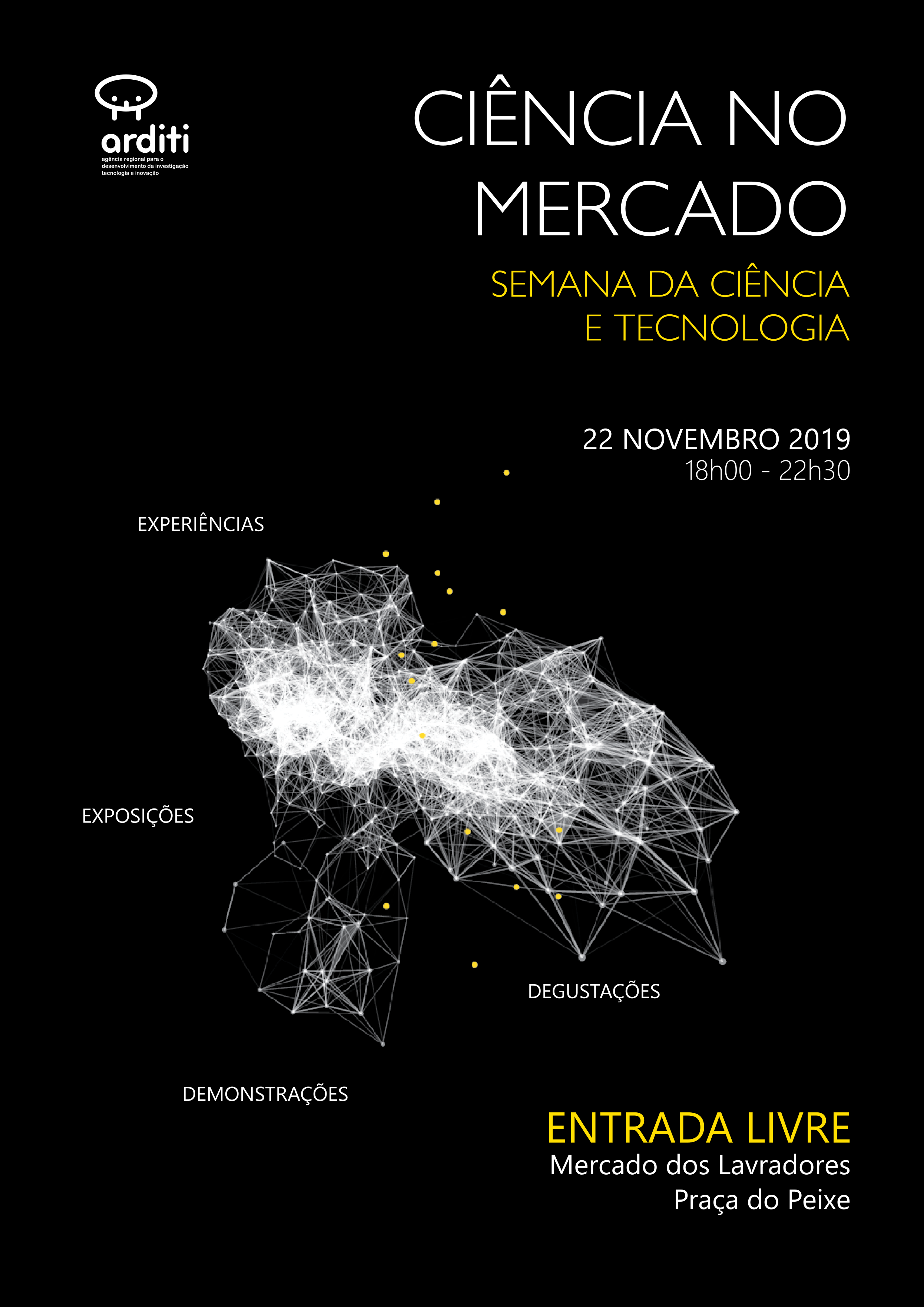Dinarte Vasconcelos, a Ph.D. student at IST and ITI / LARSyS researcher, supervised by Prof. Nuno Nunes, Full Professor at IST and president of ITI, was in Bangkok, Thailand, at the beginning of February to install and test bioacoustic sensors for monitoring the mosquitoes responsible for transmitting Malaria, Zika and Dengue.
Dengue and Malaria are the two main diseases transmitted by vector mosquitoes. In the last few decades, Dengue’s incidence has grown 30 times more, reaching 390 million cases per year. The transmission of these diseases depends on the transmitting mosquito dynamic and humans.
The project in which ITI / LARSyS researchers are involved combines a set of computer techniques to improve vector monitoring in Thailand, a country where the incidence of Dengue has increased considerably, particularly in the regions of Bangkok, Krabi, and Nakhon Si Thammarat.
The project combines the use of satellite images and street views (available through services such as Google Street View and Mapillary) to identify potential breeding grounds for mosquitoes. The results already published demonstrate the effectiveness of these methods based on databases of images and automatic learning to identify potential containers that may contain water (for example containers or tires) and thus produce reports that allow the authorities to eliminate potential sources of reproduction of mosquitoes. This information is then combined into a decision support system that further combines information on atmospheric conditions, the incidence of mosquitoes and diseases and other information that may be relevant to help control the vector.
The intervention of the ITI / LARSyS researchers focuses on the development of bioacoustic sensors that detect the presence of mosquitoes through automatic learning algorithms that identify and classify the sound of the mosquitoes’ flapping wings. The system developed and tested in the Autonomous Region of Madeira in collaboration with the Natural History Museum of Funchal and IASaúde consists of a low-cost microcontroller coupled with several microphones and long-range communication systems. This system has a prototype cost of less than € 100 (it can be greatly reduced in the production version) and can detect various species of mosquitoes (including differentiating males from females) and also collect various environmental parameters (temperature, humidity, atmospheric pressure, etc.) which are transmitted remotely without human intervention.
The acoustic sensors developed by the Ph.D. student at the Instituto Superior Técnico of the University of Lisbon, Dinarte Vasconcelos is supervised by Nuno Jardim Nunes Full Professor at the Department of Informatics and Computers Engineering at IST and President of ITI / LARSyS and also by Professor João Pedro Gomes do Department of Electrical and Computer Engineering at IST and researcher at the Systems and Robotics Institute also at LARSyS. During the first week of February Dinarte Vasconcelos accompanied the installation of sensors developed and tested in Madeira together with the project team in Thailand. The project is led by Professor Peter Haddawy of the University of Bremen and also the Research Director of the Mahidol-Bremen Center for Medical Informatics at the University of Mahidol in Thailand. The project involves a large consortium of European researchers from the University of Bremen and the Higher Technical Institute, as well as from the Faculties of Tropical Medicine at U. Mahidol and the Ministry of Health in Thailand.
In the media:
Published in Milénio Stadium, on February 10 – https://www.mileniostadium.com/autonomias/madeira/tecnologia-desenvolvida-na-madeira-utilizada-em-mosquitos-na-tailandia/
Published in Diário de Notícias da Madeira, on February 10 – https://www.dnoticias.pt/madeira/tecnologia-desenvolvida-na-madeira-utilizada-em-mosquitos-na-tailandia-LH5779591?fbclid=IwAR0F0PK1wsmjMz9nIjb1OxMwLWTKzhypKOS1tJ7VFfYVtLTaIPIYFLWQ03w
Published in Funchal Notícias, on February 11 – https://funchalnoticias.net/2020/02/11/tecnologia-do-iti-larsys-em-projecto-de-monitorizacao-de-mosquitos-na-tailandia/?fbclid=IwAR3SLA1dzvrIDo-EQy890PlPoOScsl0Y1pdr59cA3qh2e450MjPK7-Hm5X8
Published in Jornal de Notícias da Madeira, on February 12 – https://drive.google.com/drive/folders/12P-AIaHgSO6GF2tblJa1TjtRHMacJyZx (printed version only)




























